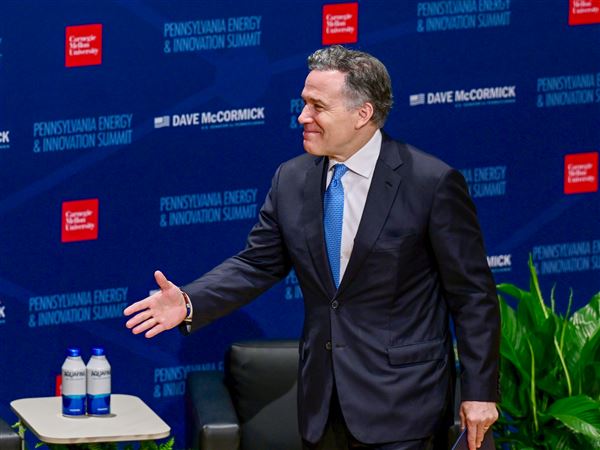WASHINGTON — On the eve of the first summit between President Donald Trump and Israeli Prime Minister Benjamin Netanyahu, the White House late Tuesday appeared to back away from the long-standing U.S. advocacy of a so-called two-state solution for peace between Israel and the Palestinians.
“A two-state solution that doesn’t bring peace is not our goal that anybody wants to achieve,” a senior White House official said in briefing reporters ahead of the Netanyahu meeting.
U.S. policy, and that of most international groups, for decades has considered a two-state solution, where Israel and a Palestinian nation live side-by-side, as the essential basis for peace in the troubled region.
Initially, Mr. Trump took hard-line positions on Israel, refusing to condemn the expansion of settlements in West Bank land claimed by the Palestinians and vowing to move the U.S. Embassy from Tel Aviv to Jerusalem.
Venezuela VP shrugs off drug sanctions
CARACAS, Venezuela — Venezuela’s government condemned U.S. sanctions on the country’s vice president, saying Tuesday that the Trump administration’s designation of Tareck El Aissami as a major drug trafficker represented an unprecedented and “highly dangerous” infringement on the South American nation’s sovereignty.
In a series of defiant messages posted on social media, Mr. El Aissami said the “miserable and defamatory aggression” only deepens his commitment to revolution started by the late Hugo Chavez and won’t distract him from his job of rescuing Venezuela’s crashing economy from what he called sabotage by its conservative opponents.
The Trump administration on Monday froze Mr. El Aissami’s U.S. assets and banned him from entering the U.S. for his alleged role facilitating cocaine shipments from Venezuela. Mr. El Aissami is the highest-ranking Venezuelan official to ever be sanctioned by the U.S. and his designation as a drug kingpin is bound to ratchet up tensions between the two countries, who have not exchanged ambassadors since 2010.
But whether the action signals a hardening U.S. stance toward President Nicolas Maduro’s socialist government, or is just a carry-over of policies set in motion by the Obama administration, remains to be seen.
Rare appearance
ARGENTEUIL, France — When French police allegedly raped a 22-year-old black man named Theo in the Paris suburbs earlier this month, that was merely the beginning.
For the past 10 days, the outskirts of Paris and other major French cities have erupted in often violent protests: cars set ablaze, rioting late into the night. The demonstrations are mostly against police violence, but at their core they are propelled by a deep-rooted anger over structural racism and the perceived failure of the French state to address a long-volatile situation. The “Theo Affair” began with the case of just one young man, but it has now ignited the frustrations of France’s black community, one of the largest in Europe.
On Tuesday — largely to calm the rising waters of national crisis in a fraught election year — French President François Hollande made a rare appearance in the Paris suburbs, where many French citizens of African and Arab origin live in low-income housing projects. Days after visiting Theo in the hospital, an unusual gesture from a French president, Mr. Hollande pleaded for an end to the rioting.
Pests invade Africa
Southern Africa has been struck by a pestilence so severe farmers have invoked plagues of biblical proportions.
Hungry caterpillars called fall armyworms are on the move across the continent from Zambia southward. In early February, South Africa’s agricultural department issued a report, noting that for the first time that this unfamiliar pest had been spotted in the country’s Limpopo province.
“It has come in like one of the 10 plagues of the Bible,” said Ben Freeth, who operates a commercial farm in Zimbabwe, to South Africa’s Sunday Times. “It’s widespread and seems to be spreading rapidly. It can lay up to 2,000 eggs and its life cycle is very quick.”
Russian wheat exports
WASHINGTON — The U.S. Department of Agriculture has cut its forecast for Russian wheat exports this season for a second time, to 28.5 million metric tons. That’s closing the gap to the 27.5 million tons of shipments now expected from the U.S., which had its estimate raised by 5.8 percent.
First Published: February 15, 2017, 5:00 a.m.















